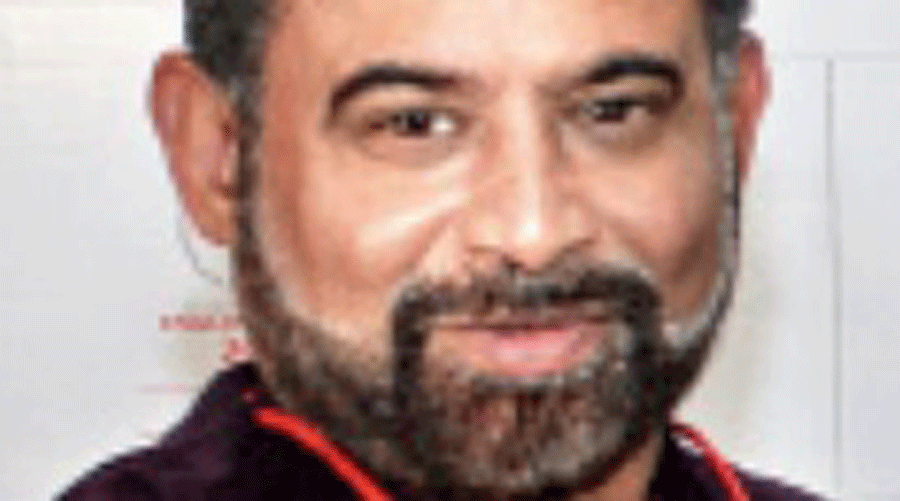Chetan Sharma stepped down as chairman of the Board of Control for Cricket in India (BCCI)’s senior national selection committee on Friday, days after video footage of an undercover TV sting operation was aired showing him discussing matters pertaining to the team and some of its biggest names.
The former India pacer was learnt to have sent his resignation to BCCI secretary Jay Shah on Thursday itself. Sharma had made some shocking claims about Indian cricketers, which included a few of them taking injections to regain fitness quickly.
Till late on Friday evening, the BCCI, which takes pride in being transparent in its dealings, hadn’t officially confirmed Sharma’s exit.
The chief selector, along with his colleagues Salil Ankola, Shiv Sundar Das, Subroto Banerjee and S. Sharath, was in Calcutta to watch the ongoing Ranji Trophy final. He was present at the Eden on Thursday but left the city in the evening and was conspicuous by his absence on the second day. He, however, hadn’t communicated anything to the other selectors before leaving.
Sources told The Telegraph that Sharma quit after realising that he had caused a breach of trust with the players, particularly current Test and ODI captain Rohit Sharma and interim T20I captain Hardik Pandya. A senior BCCI official is also learnt to have spoken to the chairman before he mailed his papers.
Sharma’s slew of allegations did not go down well with the captains who expressed surprise and even refused to be part of the selection committee meeting with him. That set the alarm bells ringing in the BCCI which was not sure if they needed to act in the circumstances.
Sharma’s verbal attack on the players was initially seen by the Board as an unethical act by the TV channel but once the players expressed discontent, it had to take action.
The BCCI’s indecision also stemmed from the fact that it would mean a long drawn-out disciplinary procedure, according to its constitution, which involved a show-cause notice, a temporary suspension and then a formal hearing followed by a ruling by the Ethics Officer.
Sharma had alleged that there was a difference of opinion between him and the team management over Jasprit Bumrah’s return from a stress fracture for the T20I series against Australia in September last. The team management was in a rush to draft Bumrah into the national team, he claimed.
He also spoke about the poor relationship between Kohli and former Board president Sourav Ganguly which he termed an “ego clash”. His comments about the saga over Kohli’s resignation did not go down well in the corridors of power.
He also alleged that several players — including Pandya, Umesh Yadav and Deepak Hooda — would regularly visit his residence and sit for hours.
The chief selector didn’t enjoy a honky dory relationship with the team management during his tenure. It was understood he rarely attended practice sessions during the T20 World Cup in Australia after a member of the support staff objected to his presence.
Sharma was reinstated as chairman of selectors in January, the lone surviving member, after the BCCI had removed the entire panel in November following India’s semi-final exit from the T20 World Cup.
The Board will have to call for fresh applications to appoint a new member to the selection committee. Whether the BCCI can rope in a cricketer of stature who is conversant with the intricacies of the modern game will be of interest.
Das, the most experienced of the four, is expected to take over as interim chief selector.










